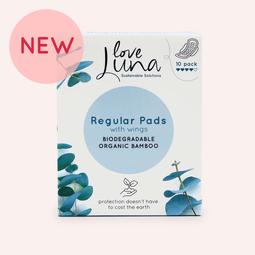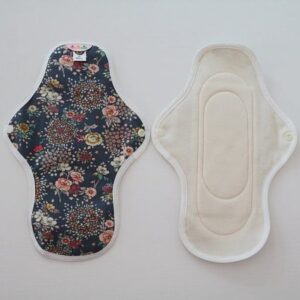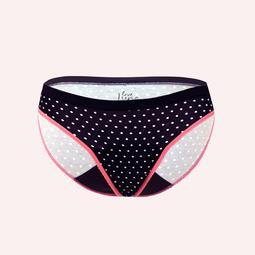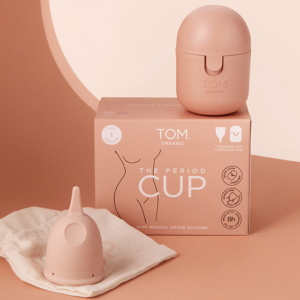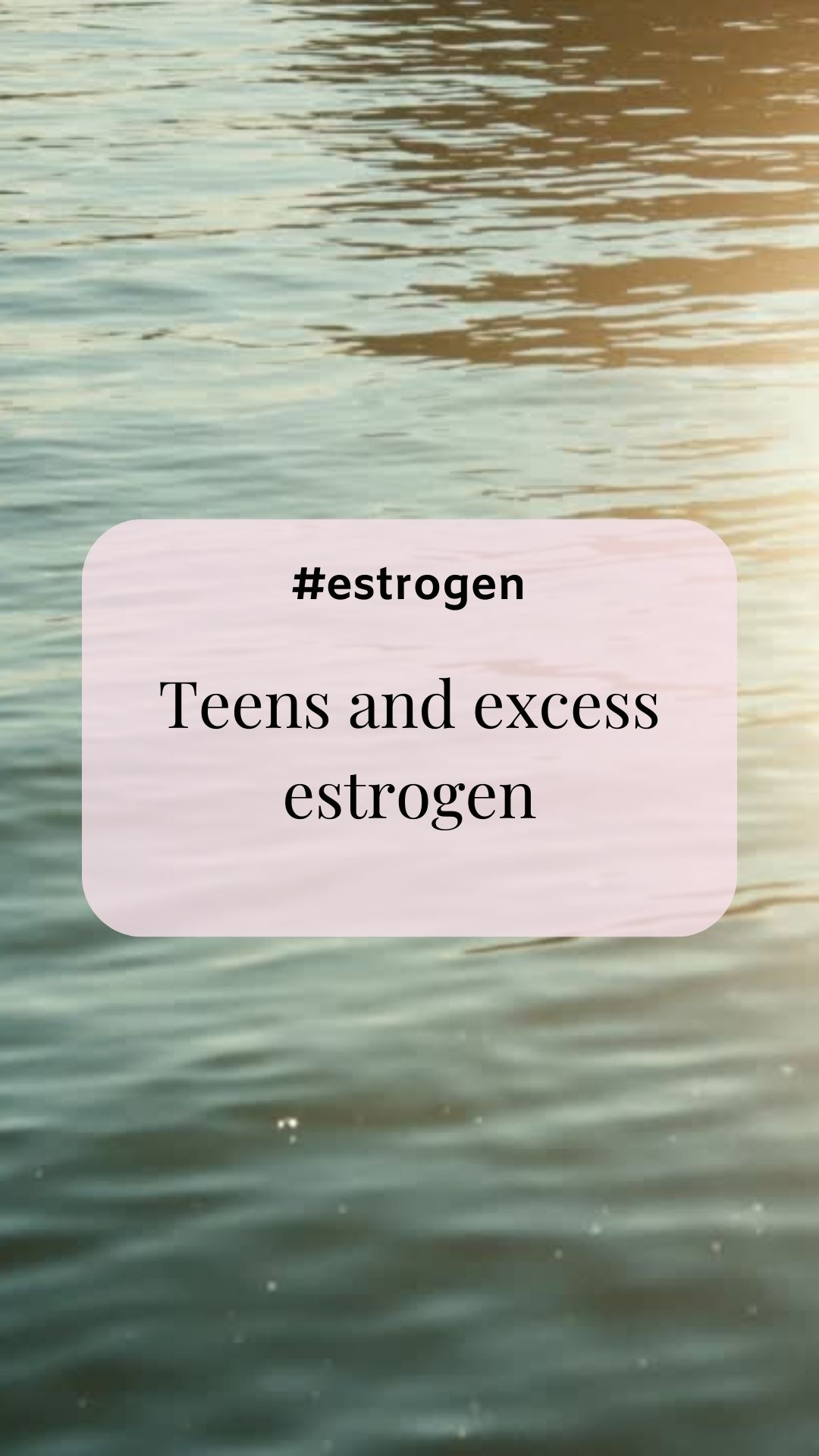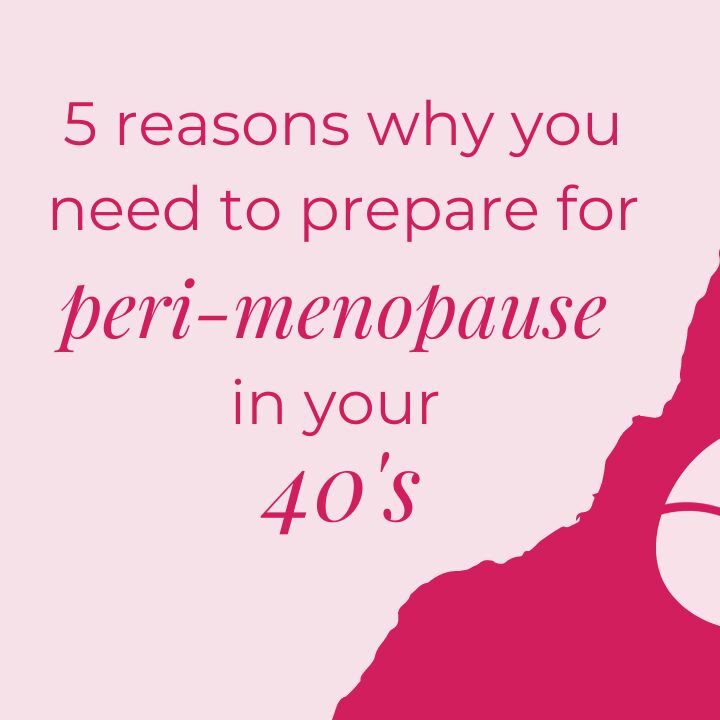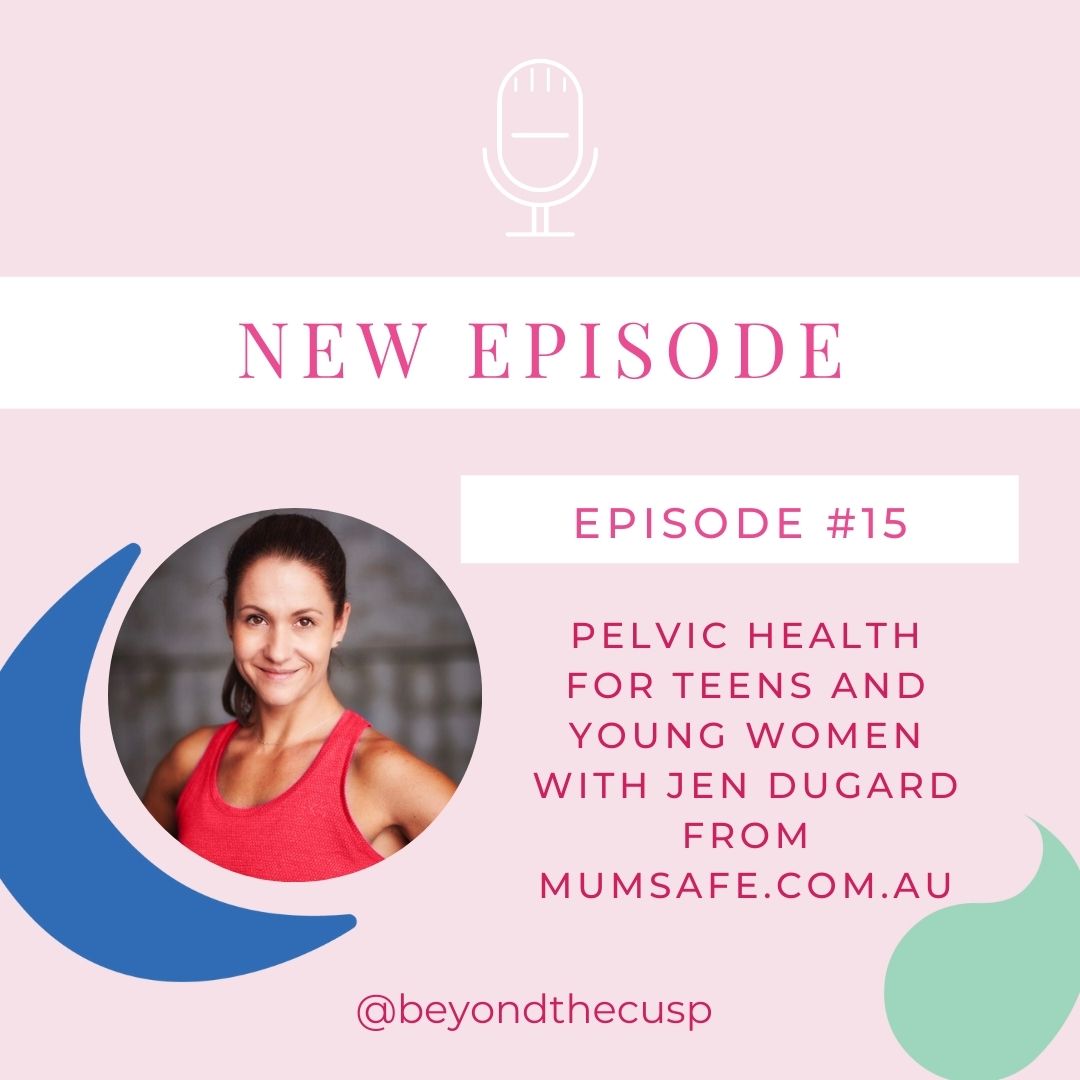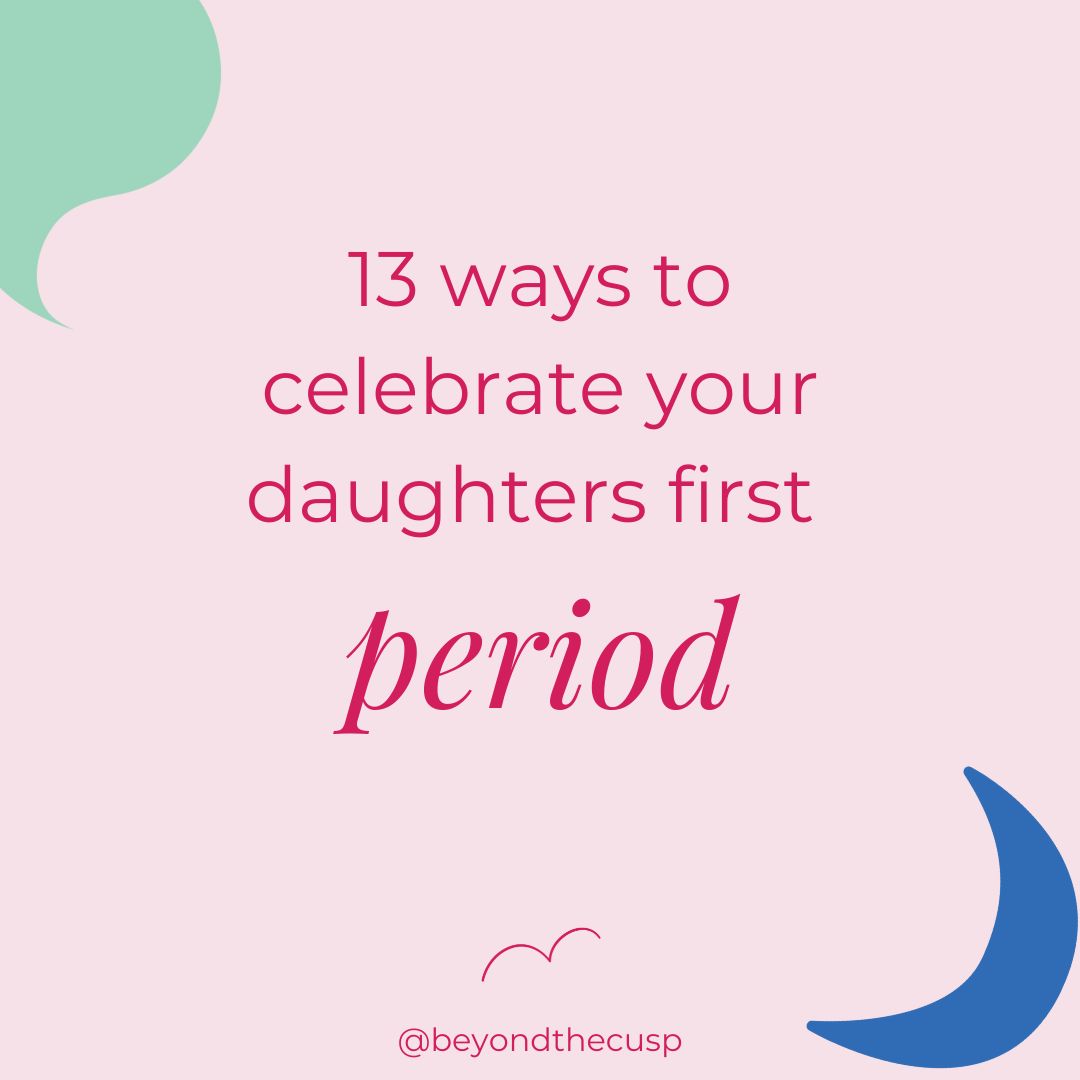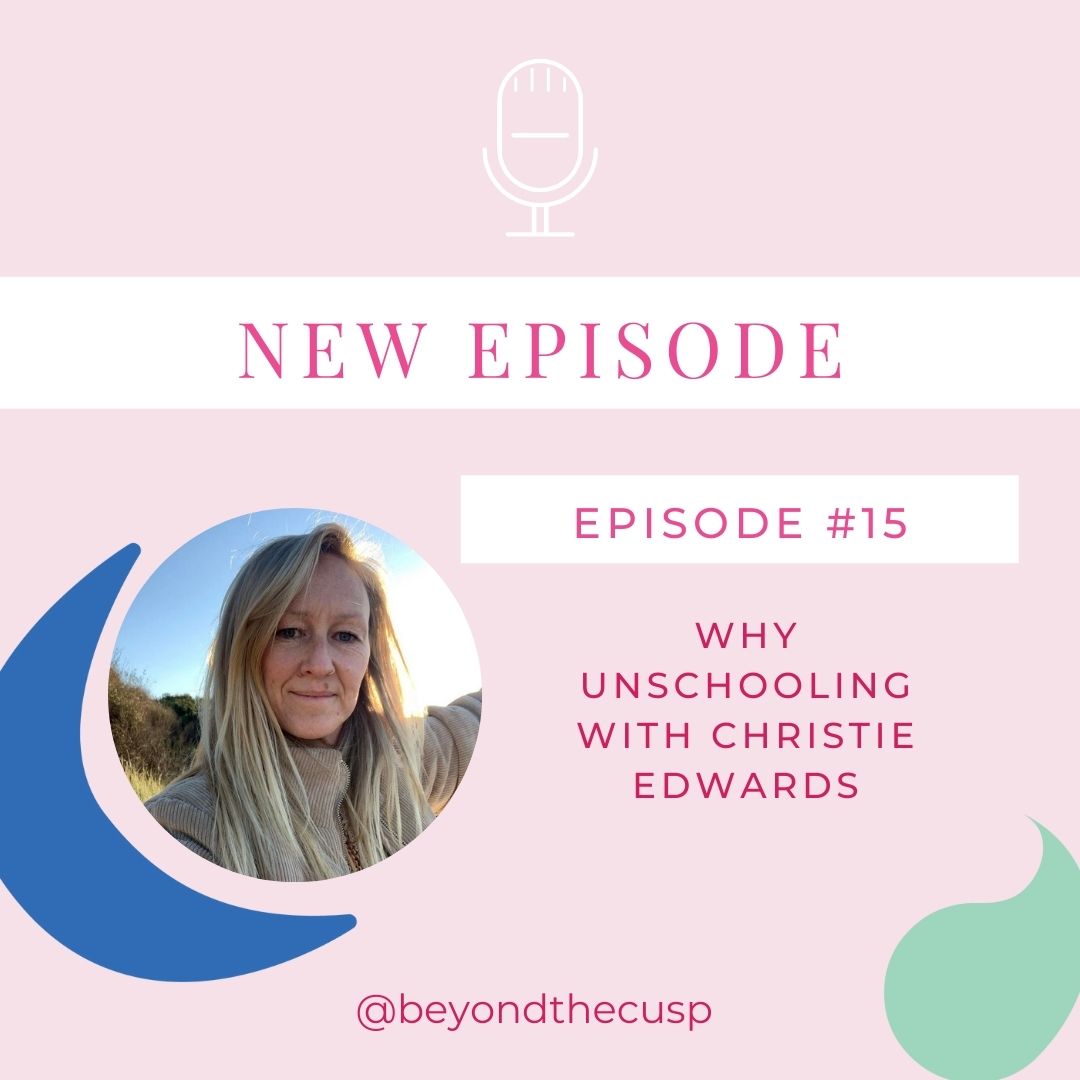My answer – No, I would not put my teenage daughter on the pill for period issues. But here’s what I’d do instead.
I’m really saddened to hear when mothers reach out to me sharing that their teen, or even tween, daughters have been offered the pill for their period pain. It’s so sad to me and such a disservice to our girls, whose pain is not important enough to look into the reasons why it might be happening and instead being offered a bandaid. Can you imagine going to the doctors for any other reoccurring pain and being told it’s normal without any investigation? Super frustrating and even negligent in my opinion. And don’t get me started on the Drs who are telling these girls and their mothers that they don’t actually need to have a menstrual/ovulatory cycle!! 😡🤯
The menstrual cycle is being reported as the fifth vital sign, and our period is the messenger. Painful periods are a message that there is something not quite right. Sometimes this can be due to her diet or lifestyle, other times it may be something else. The pill won’t fix any of that.
Firstly, I want to acknowledge that seeing our daughters suffer through painful periods is difficult and of course, we only want the best for her and the quickest way out of her monthly misery. Sadly, the pill is too often the first thing that is offered, without consideration into other things. Namely, her lifestyle and environment or the side effects of the pill. I hope this post helps you to consider some of the lifestyle changes she could make to help minimise the painful periods and why she might be experiencing them. Remember painful periods are common, but they are NOT normal.
It’s important to note that some of these changes may take a couple of months to take affect, or it could be noticed within one cycle. Regardless, these are all healthy lifestyle changes that will impact her hormones in a good way. It’s just as important to note that if you do choose to take the pill, it will also not always be a quick fix. There will be some trial and error to find the pill that gives her the least amount of side affects, eg mood symptoms, depression, prolonged or more frequent bleeding, weight gain and more. The pill is always only going to be a band aid, it may stop the painful periods, but it’s not helping find the cause of why she is having painful periods.
Below you’ll find some easy lifestyle changes that could be the cause of her painful periods. If after a few months none of these changes have helped, it’s time to look further into WHY she is having this pain. Remember, the period is the messenger, it’s telling the body something is not quite right. Find a practitioner who is willing to look into route causes incase there is anything else causing the pain, such as fibroids or endometriosis. And then, find a practitioner who knows how to treat these without the need for the pill.
1. KNOW WHAT THE PILL DOES
Let’s have a quick look at what the pill does and doesn’t do. The pill does not and cannot regulate your period, nor will it fix it. The pill suppresses ovulation and turns off the production of our natural hormones. It can take a number of years for girls to develop regular ovulatory cycles, and if a girl starts taking the pill during this time, hormone production stops, along with the development of her cycles. When they stop taking the pill, the body has to resume the development where it left off. Again, this development can take a few years. Any period problems can also return, if they had not been dealt with in the interim.
2. AVOID OR REDUCE SEED AND VEGETABLE OILS
Period cramps are caused by a hormone like substance called prostaglandins. The higher amount of pro-inflammatory prostaglandins, the more painful our periods are. Highly processed and refined omega-6 fatty acids found in vegetable and seed oils increase pro-inflammatory prostaglandins. These include canola, corn, cottonseed, soy, sunflower, safflower and ricebran oils.
Unfortunately, these are found in almost everything prepackaged and processed, including some alternative milks. Switch to using olive oil, coconut oil, butter or ghee at home, and swap processed foods for whole foods or homemade.
3. CHECK HER TOXIC LOAD
Toxins known as xenoestrogens mimic our own estrogen and the body treats it the same, increasing our overall levels of estrogen. When we have higher levels of estrogen compared to progesterone, as is common in the first few years of our periods, this can cause periods to be painful, adding what the body thinks is more estrogen can make this works. Xenoestrogens include BPA, phthalates, pesticides and a whole lot more. They are found in many products that we use multiple times daily, including haircare, skincare, perfumes, cleaning products, fruits and vegetables, canned foods and more.
Opt for organic and toxin free products, including period products.
4. ENSURE SHE IS POOING DAILY
One way we clear out excess hormones, particularly estrogen, is through our bowel motions. If we’re not pooing at least once a day and the estrogen doesn’t have a chance to clear out it recirculates in the body. Again, this causes an excess and can lead to painful periods. These tips will help her poo.
- Increase dietary fibre through vegetables and fruit to help daily bowel motions
- Drink plenty of filtered water. AVOID tap water as this also contains xenoestrogens
- Move your body daily, make some of those days sweating.
- Reduce or avoid highly processed foods
5. INCLUDE THESE FOODS OFTEN
Eat more cruciferous vegetables (eg brocolli, cauliflower, cabbage), as well as apples and carrots. These foods bind to estrogen to help move the estrogen out of the body through the bowels. Focus on eating these foods daily especially in the second half of your cycle, or after ovulation.
6. LOVE HER LIVER
As well as through the bowels, estrogen is also eliminated through the liver. If the liver is overloaded with other toxins to detoxify, it will leave estrogen to last or not at all. Ways to support her liver
- Avoid tap water, drink only filtered water
- Keep highly processed and high sugar foods to a minimum
- Make sure she is getting enough sleep and going to bed early enough
- Eat the rainbow
- Try a castor oil pack, especially in the luteal phase. As well as helping the liver detox, this can also help with constipation
7. INVESTIGATE IF DAIRY IS A FACTOR
For some people, A1 beta-casein, which is one of the proteins in normal cow’s milk, converts in the gut to an inflammatory peptide, which can lead to painful periods, heavy periods and mood symptoms.
Consider using A2 milk, which is dairy from Jersey cows, goats, and sheep, or alternative milks.
If you do opt for alternative milks look for milks with the least amount of ingredients and that don’t contain seed or vegetable oils.
8. CONSIDER SUPPLEMENTATION
Magnesium, taken daily, reduces prostaglandins and relaxes the smooth muscle of the uterus, in-turn reducing menstrual cramps.
Zinc also reduces prostaglandins and improves blood circulation to the uterus. A 2015 study on adolescent females found that both pain duration and pain severity were decreased by taking oral zinc.
https://pubmed.ncbi.nlm.nih.gov/26132140/

